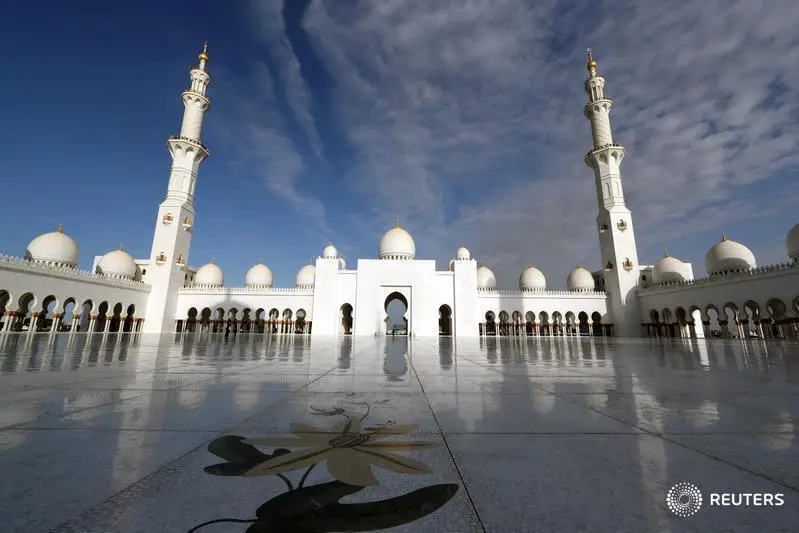PHOTO
UAE - The Sheikh Zayed Grand Mosque in Abu Dhabi received 11,614 visitors and worshippers during the Eid Al Adha break last week.
They included 2,530 worshippers and 8,542 visitors of different cultures.
Visitors learned about the mosque’s civilizational message, calling for tolerance and coexistence, and the most prominent features of Islamic architecture. As many as 48 cultural tours were organised in Arabic and English and attended by 171 visitors from around the world.
The number of users of the Jogging Trail reached 542, of whom 406 were males and 136 females.
The Sheikh Zayed Grand Mosque in Abu Dhabi is one of the most prominent cultural and tourist destinations in the UAE, and one of the country’s key architectural landmarks that combines various schools of Islamic architecture and modern engineering in its design.
The mosque plays a pivotal role in presenting a positive image of the Islamic religion to the world, translating the vision and mission of the mosque as a bridge between different cultures, a platform for global dialogue, and a vehicle for promoting the values of tolerance and peaceful coexistence between religions of the world.
The Sheikh Zayed Grand Mosque Centre is committed to applying precautionary measures and the highest standards of health and safety to prevent the spread of the coronavirus and safeguard the wellbeing of worshipers and visitors received throughout the days of Eid Al Adha.
Copyright © 2021 Khaleej Times. All Rights Reserved. Provided by SyndiGate Media Inc. (Syndigate.info).





















